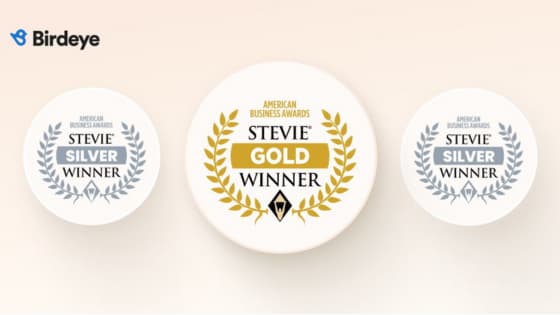Conversational commerce continues to be an opportune format in SMB marketing. For those unfamiliar, it utilizes messaging channels for customer acquisition and support. The thought is that many consumers – especially younger ones – are already active in messaging apps and see phone calls as passe.
Messaging apps have leaned into this trend. In fact, it’s the primary business model for messaging apps like WhatsApp. Others include Facebook Messenger, Instagram (lots of Meta properties), Apple Business Chat, and even good-old SMS. It’s about reaching customers where they already are.
Beyond a sizable consumer addressable market, conversational commerce is applicable and prevalent across SMB business verticals (as well as national brands like consumer apparel). It can be used to do everything from confirm your dentist appointment to leave a review for your plumber.
But though that breadth of applicability is apparent, conversational commerce has outsized value in a few areas. For example, it’s conducive to high transaction frequency (Think: coffee versus construction). Quick hit processing for frequent purchases is well served by a frictionless medium.
Place Rewind: Facebook Drives Towards ‘Conversational Business’
Reservations & Reviews
Adding up all these factors, restaurants represent a vertical that’s particularly primed for conversational commerce. They have a combination of high frequency and simple/repeatable actions. This can include typical interactions like making reservations, reviews and getting opted-in alerts on new menu items.
The key word in the previous graph is “opted-in.” One of the things that makes conversational commerce such a strong marketing channel is its targeted communications with loyal and leaned-in customers. As background, consumers must opt-in for repeat communications in most messaging apps.
All this bears out in conversational commerce performance metrics. For example, recent data from CRM platform Mobivity indicate that consumers that opt-in for messaging from a given business will physically visit that business more. Specifically, their rate of visits is 44 percent greater than non-subscribers.
Beyond frequency, opted-in users spend more money, which is logical given more frequent transactions. This happens to the tune of 23 percent more spending. Putting a dollar figure on that, a single text subscriber can spend $12.15 more at a given restaurant over a six-month period, versus non-subscribers.
These loyalists also have high retention. Specifically, Mobivity reports that 96 percent of messaging subscribers stay opted in to a given program after 90 days. Further, 90 percent stay opted in after two years which is 2x greater than opt-in rates for mobile apps and 3x greater than that of email marketing.
Marketing Toolbox
Sticking with the retention point, this tells us that messaging doesn’t just facilitate high engagement, but does so over long periods of time, thus boosting customer lifetime value. And the timing is right, given Apple’s ATT location-data crackdowns which leaves local businesses scrambling for alternatives.
Conversational commerce could benefit from that trend as a happy accident. In some cases, such as Famous Daves, a 700+ percent ROI was achieved. This is an outlier but demonstrates what’s possible for local restaurants on top of their messaging game. And chains like this can be a model for SMBs.
Notably, all of the above is fairly reliable given that Mobivity data comes from its first-party network, including 15 million subscribers and 500 million transactions since 2018. Again, this particular data set is specific to restaurants, but similar performance can be expected in other SMB verticals.
Bottom line: All of the above should tell you that conversational commerce is a tool with specific benefits for high-impact marketing. It’s not a silver bullet and it’s not a high-reach medium (at least for SMBs). But it is one tool in the SMB marketing toolbox to cultivate high-value relationships with top customers.
Check out Mobivity’s full report here.




